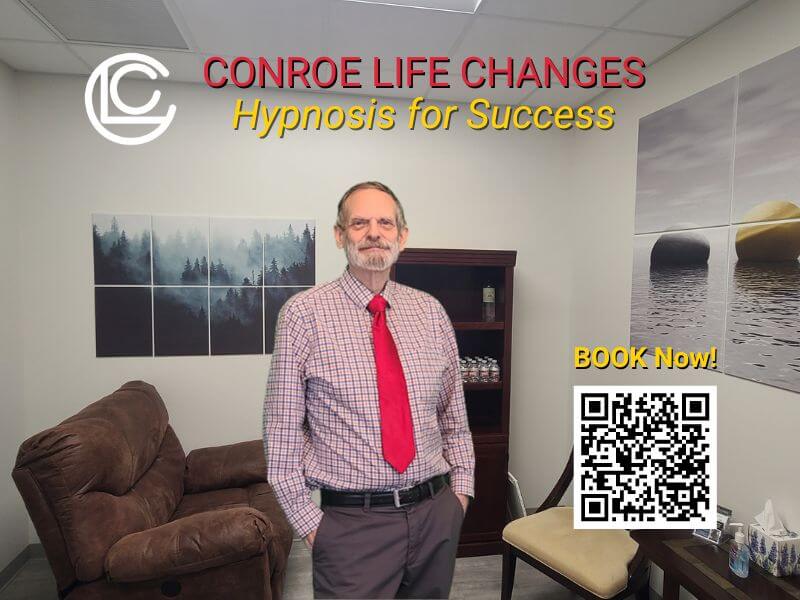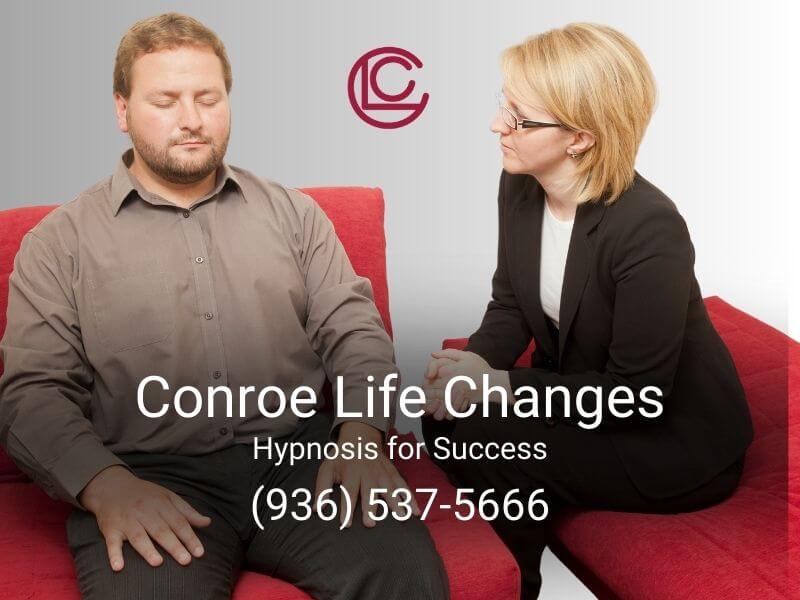Many people suffer from 5 common sleep problems
A good night’s sleep is essential for overall physical and mental well-being. However, many individuals struggle with five common sleep problems that can disrupt their sleep patterns and impact their health. In this blog post, we will explore the differentiation between physical and subconscious causes of sleep problems and how hypnosis can be a powerful tool in conquering these common sleep issues.
Differentiating Between Physical and Subconscious Causes
Understanding the root causes of sleep problems is crucial for effective treatment. While physical causes such as sleep apnea, snoring, and sleepwalking are prevalent, subconscious issues like anxiety, stress, and nightmares can also contribute to sleep disturbances. It’s essential to recognize and address both aspects to achieve lasting solutions.
Overview of the Importance of Restful Sleep to Health
Before delving into specific sleep problems, let’s highlight the importance of restful sleep to overall health. Quality sleep is vital in cognitive function, mood regulation, immune system function, and physical well-being. Lack of sleep or disrupted sleep patterns can lead to various health issues, including fatigue, impaired concentration, and increased susceptibility to illnesses.
-
1. Falling Asleep Naturally
Many individuals find it challenging to fall asleep naturally, and various factors can contribute to this difficulty. Stress, anxiety, an overactive mind, or poor sleep hygiene are common culprits. Implementing relaxation techniques, establishing a bedtime routine, and creating a comfortable sleep environment are effective tips for promoting natural sleep onset.
-
2. Nightmares or Disturbing Dreams
Nightmares and disturbing dreams can disrupt the sleep cycle and make individuals anxious or unsettled upon waking. Addressing the subconscious causes behind these dreams, such as unresolved emotions or trauma, is essential. Hypnosis can be a valuable tool in exploring and resolving these underlying issues.
-
3. Sleepwalking
Sleepwalking, or somnambulism, involves performing activities while still asleep. This condition can be potentially harmful, leading individuals to engage in activities without awareness. Understanding the causes and triggers of sleepwalking is crucial for developing effective strategies to prevent and manage this sleep disorder.
-
4. Snoring and Sleep Apnea
Snoring and sleep apnea are common physical causes of sleep disruption. Snoring, while often considered a mild annoyance, can impact sleep quality for the snorer and their partner. Sleep apnea, characterized by pauses in breathing during sleep, poses more severe health risks.
Hypnosis can be explored as a complementary approach to address these issues, especially when they have subconscious components.
-
5. Waking Up
Frequent awakenings at night can be frustrating and contribute to overall sleep dissatisfaction. Identifying the causes behind waking up, whether physical or emotional, is important to implement effective interventions. Hypnosis can be a valuable tool in reprogramming the subconscious mind to promote more restful and uninterrupted sleep.
How Hypnosis Can Resolve Sleep Issues
Hypnosis is a technique that aims to access the subconscious mind to bring about positive changes in thoughts, feelings, and behaviors. In the context of sleep problems, hypnosis addresses underlying psychological factors contributing to sleep disturbances. It may involve relaxation exercises, visualization, and suggestions to promote a calmer mind and facilitate a smoother transition into sleep.
The Importance of Seeking Trained Medical Advice
While hypnosis can be a beneficial tool for improving sleep, it’s crucial to emphasize the importance of consulting with trained medical professionals before initiating any remedial actions. Sleep problems can have various causes, and a comprehensive assessment by healthcare providers ensures that any underlying medical conditions are properly diagnosed and treated.
Conclusion
Conquering common sleep problems involves a holistic approach, considering physical and subconscious factors. Hypnosis emerges as a promising complementary therapy to address the psychological aspects of sleep issues. By understanding the importance of restful sleep and seeking professional guidance, individuals can journey towards better sleep and improved overall health.
Feel free to call me at (936) 537-5666 if you want more information or to discuss how Conroe Life Changes can assist you on your journey to positive transformation. You can check appointment availability or book online at conroelifechanges.com. I look forward to working with you to help you achieve your goals.



